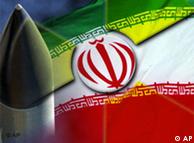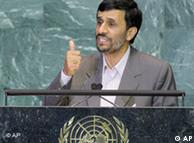US agrees to sell mini bunker-busters to Israel
America has agreed to provide Israel with 1,000 newly-designed 'mini' bunker-buster bombs in a deal that gives the Jewish state new military options for any attack on Iran's nuclear programme.
By Tim Butcher in Jerusalem
Last Updated: 1:46PM BST 15 Sep 2008
Israel is the recipient of more US aid than any other country Photo: PA
Last week Israel's request for a fresh supply of GBU-28 bunker-busters, each weighing two tons and capable of punching through reinforced concrete, was turned down by the US.
Instead, America has agreed to sell 1,000 versions of a much-smaller satellite-guided bomb capable of hitting underground targets, albeit at a shallower depth.
Iran's nuclear facilities are located at a number of separate locations, some of which are buried underground.
The United Nations nuclear watchdog, the International Atomic Energy Agency, yesterday said Iran had increased its uranium enrichment programme and was not co-operating with an inspections process.
Its latest report came as dozens of Iranian warplanes carried out their most extensive military exercises for several months.
Israel has said it will not rule out the use of military force to prevent Iran, the sworn enemy of the Jewish state, from "going nuclear".
Israel is the recipient of more US aid than any other country, with a memorandum of understanding signed last year between the two countries committing Washington to provide $30 billion spread over the next decade.
This is up from the annual $2.4 billion package of recent years and reflects concerns in America that Israel faces a growing military threat, most acutely from Iran.
Throughout the 1990s Israel used to receive a joint military-civilian package of $2.4 billion in aid each year but recently it was shifted to be purely military aid.




 Reply With Quote
Reply With Quote











Bookmarks